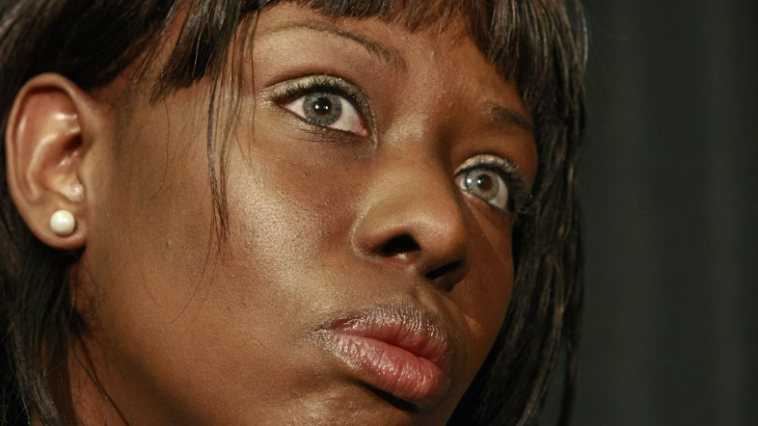In a shocking turn of events, the woman at the center of the infamous Duke lacrosse case has publicly admitted that her allegations against the players were false. This revelation comes nearly two decades after the case captivated the nation, destroyed reputations, and sparked heated debates about race, privilege, and the justice system.
The Infamous Case
The controversy began in 2006 when Crystal Mangum, a stripper hired to perform at a party hosted by members of the Duke University lacrosse team, accused several players of sexually assaulting her. The allegations led to criminal charges against three players, widespread media attention, and a firestorm of public outrage.
Despite inconsistencies in Mangum’s story and a lack of physical evidence, the case proceeded, with the players’ lives turned upside down. They were vilified in the media, suspended from school, and faced intense scrutiny from activists and public figures who assumed their guilt.
A Stunning Admission
Now, nearly two decades later, Mangum has come forward to admit that the allegations were fabricated. In a statement, she reportedly acknowledged that her claims were false and that the players were innocent of any wrongdoing.
This admission adds another chapter to a saga that already served as a cautionary tale about the dangers of rushing to judgment.
More than 18 years after the Duke lacrosse allegations, Crystal Mangum admits that she made it all up.
“I testified falsely against [the lacrosse players] by saying that they raped me when they didn’t…I made up a story that wasn’t true…I hope that they can forgive me.” pic.twitter.com/3yMjbQTQXH— KC Johnson (@kcjohnson9) December 12, 2024
The Aftermath of the False Accusations
The Duke lacrosse players accused—Reade Seligmann, Collin Finnerty, and David Evans—were eventually exonerated in 2007 after then-North Carolina Attorney General Roy Cooper declared them “innocent” and dropped all charges. Cooper cited Mangum’s lack of credibility and the misconduct of Durham District Attorney Mike Nifong, who was later disbarred for his handling of the case.
The players faced years of stigma and emotional trauma despite their exoneration. The case also brought attention to systemic issues within the justice system, including prosecutorial misconduct and the role of media bias in shaping public opinion.
A Legacy of Lessons
Mangum’s admission is likely to reignite discussions about the lasting impact of false accusations. While advocates for sexual assault survivors emphasize the importance of taking allegations seriously, cases like this highlight the need for due process and a fair investigation before assigning guilt.
For the Duke lacrosse players, Mangum’s admission may provide some measure of closure, though it cannot undo the damage done to their lives and reputations.
The Broader Implications
This revelation comes at a time when public trust in the justice system and media is already strained. The case serves as a reminder of the consequences of rushing to judgment and the importance of safeguarding the rights of the accused while supporting genuine victims of crime.
Moving Forward
As the nation reflects on this long and painful saga, the Duke lacrosse case remains a stark example of how quickly lives can be upended by false accusations and the perils of presuming guilt.
While Mangum’s admission may bring some sense of vindication for the players, it also underscores the need for accountability in both the legal system and the court of public opinion.


